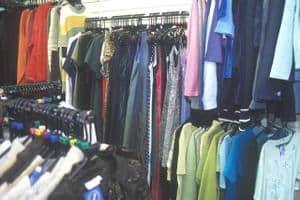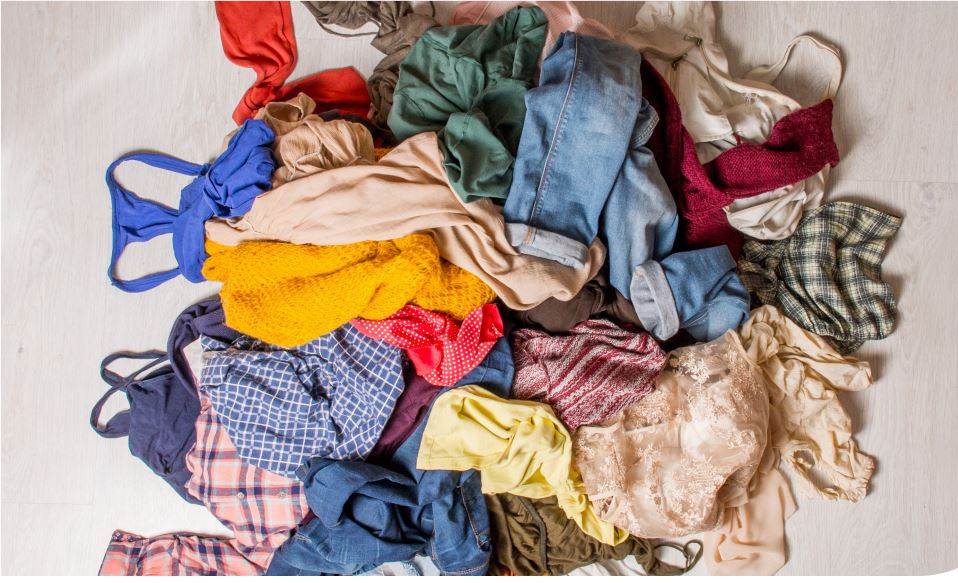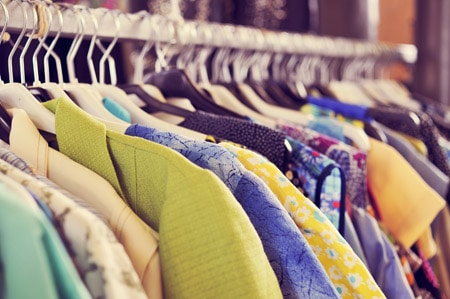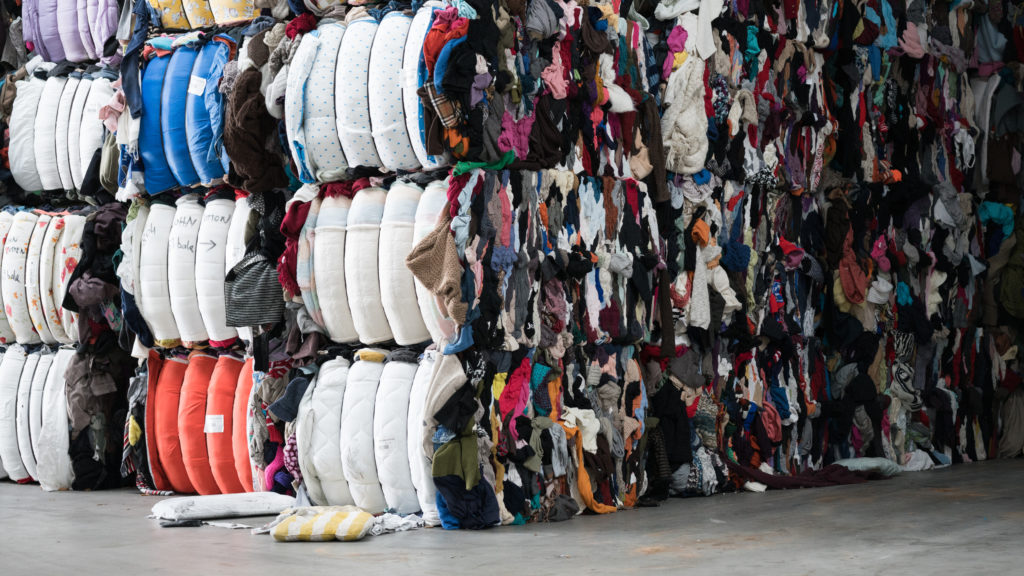However, the sector has been hit by concerns over honouring contracts and the affect of EU legislation on waste shipments.
Mr Rintsch added that autumn collection volumes “have remained within the normal averages of recent years”.
UK
Alan Wheeler, national liaison manager for the UK's Textile Recycling Association, told the event, which was held in Dusseldorf, Germany on October 30 and 31, that the price of original second hand clothing in the UK had continued to “increase steadily” in recent months.
He also told the event that UK exports of used clothing had increased from 200,000 tonnes five years ago to 305,000 tonnes in 2007, with especially strong growth in the amount shipped to Poland and Ukraine.
Mr Wheeler's comments bear out the textile prices published on letsrecycle.com, which have shown a slow but steady increase for all categories of textiles through 2008.
Speaking to letsrecycle.com two weeks ago, one UK textile recycler said that prices were “going through the roof”, adding that “everyone's clamouring for it, especially the good stuff”.
And, another commented that “the prices are again on the up, I said it before and I'll say it again 'God knows how much higher it can go!'”
Agreements
However, the BIR event did hear concerns about the need to respect contractual agreements for materials despite the current economic situation, echoing fears raised at other commodity sessions during the BIR event, such as metals (see letsrecycle.com story).
Honorary president of the Textiles Division, Klaus Lower of German firm Hans Lower Recycling, said: “People need to adhere to contracts. Compromises must be found. Unethical behaviour ultimately leads to a dead end.”
Shipment
At the same time, the meeting reflected on the sector's concerns over the classification of textiles as a waste, and the impact of the tracking information that must now accompany all waste exports within revised EU transfrontier shipment regulations – known as Annex VII.
Tilman Baehr from the German port of Hamburg's department of transfrontier shipments of waste agreed that sorted textiles placed in containers and exported to another country for sale should be considered products and not 'a waste' because they satisfied the criteria of meeting a demand without damaging the environment.
And, Mr Baehr also agreed with the opinion that an item of clothing placed in a recycling collection bank was not a “waste” due the person making the donation intending it to put to further use.











Subscribe for free